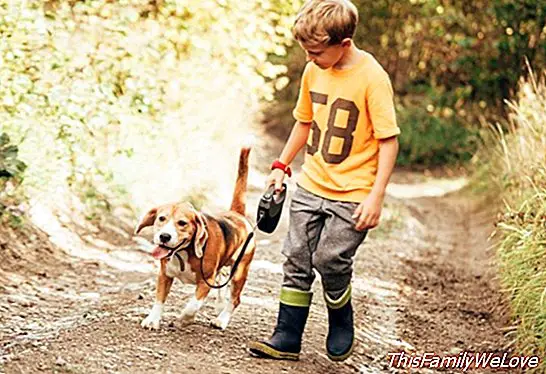Responsible children do not just do what they want

"Why do I have to do this myself? What else does another one do!" This is a very common response from our children from 7 to 12 years old. They worry only about their things, their limited material world and that nobody "gossiped" their belongings! How can we change this? What can we do to make them responsible and do not just do what you want?
Sometimes, when we ask the children something more expensive like bathing their little brother, setting the table, or dealing with a partner who is more alone ... one of his first reactions is to complain, protest, what another does ! Other times, in the face of some event or error, they blame others: brothers, classmates, teachers, etc.
When a child is aware that with his responsible act he has produced a good, his self-esteem is reinforced as well as experiencing the joy of getting out of oneself by doing something for others. The fact that things go well, also depends on them.
The responsibility must always accompany us
Fernando Corominas, president of the European Institute for the Study of Education (IEEE), defines responsibility in this way: a person is responsible when he assumes the consequences of his actions with respect to others. If everyone did what they wanted, the world would be chaotic.
One of the most educational resources for form responsible people it consists of letting the children face the consequences of their actions. Faced with an incorrect action, the child will experience dissatisfaction; In the face of a well-made action that concerns him or others, he will experience satisfaction.
Acquire responsibility and other values
At this stage of the child's life, we have strengths that facilitate the learning of responsibility: his keen sense of justice, his willingness to help and cooperate, his desire to please and look good ...
In addition, as they acquire the virtue of responsibility, they also develop other values:
- Sincerity and courage. In dealing with others, parents, colleagues, friends, family members, teachers. They develop acts of courage that make them recognize the reality of what they say or do. They are brave when they are consistent with their actions, without blaming others. Recognizing personal mistakes makes them responsible.
- Strength and strength. Do in each moment what should be done, in daily life, at home, in school, in commissions, without "draining the bulge" and without looking for cowardly excuses.
- Respect for others and forgetting oneself. Caring and caring not only about "their things" but those of others.
Alejandra Márquez
Advice: Conchita Albistur. IEEE School Director of San Sebastián




